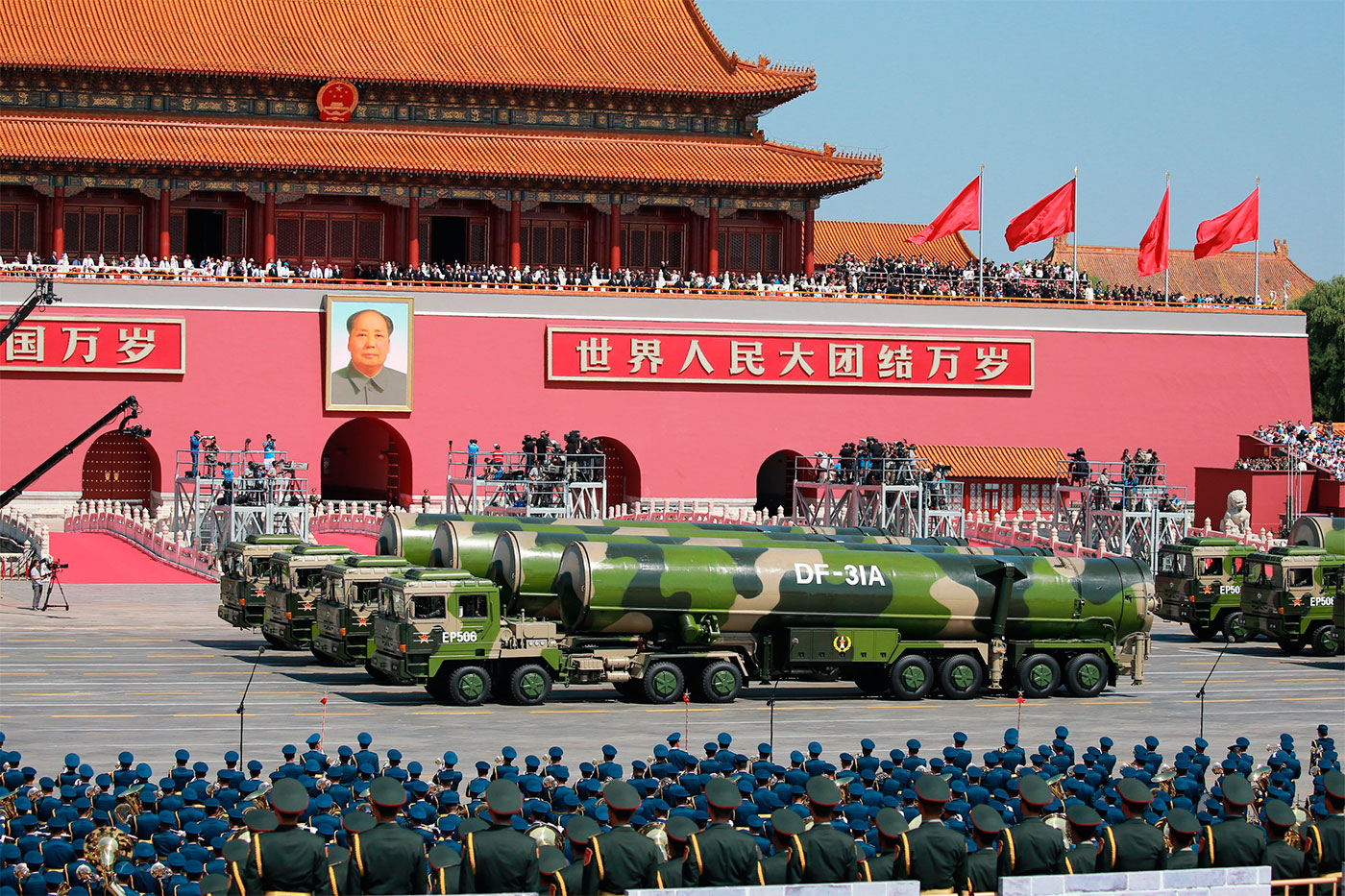
According to a senior US official, China is not interested in talking about ways to lessen the risk that nuclear weapons pose. According to Alexandra Bell, deputy assistant secretary of state for arms control, verification, and compliance, despite US efforts, Beijing and Washington have not started discussions on the matter.
Bell added that China had not learned a lesson from the Cuban missile crisis and that as a first step, “we’d really like to have a talk with them about each other’s doctrines, about crisis communication, and about crisis management.”
Last month, Chinese President Xi Jinping gave a hint that Beijing will bolster its strategic deterrent. The Pentagon also thinks China is building up its nuclear arsenal and aiming to have a thousand nuclear weapons by 2030.
Bell also stated that such discussions between the US and Russia go back many years. Beijing hasn’t expressed much enthusiasm for weapons limitation negotiations with Washington, claiming that the latter already possesses a significantly larger arsenal.
“We’re not in that space with Beijing yet. So, there’s work to be done to begin the conversation, we think bilaterally,” Bell said.
Bell cited the Cuban missile crisis as an instance where the US and Soviet Union nearly started a nuclear war “We’re now at the 60th anniversary of the Cuban missile crisis. We don’t need to repeat that to know that we need to be at the table having conversations with each other.”
China’s nuclear expansion will enable its ambitions
However, at the CCP congress last month, Xi made it clear that the country is looking to strengthen its strategic deterrent, a term that is frequently used to describe nuclear weapons. Last year, US National Security Advisor Jake Sullivan stated that Washington and Beijing “look to begin to carry forward the discussion on strategic stability.”
Richard Johnson, the US deputy assistant secretary of defense for the Nuclear and Countering Weapons of Mass Destruction Policy, responded to Beijing’s claim that the US has more nuclear warheads by saying that they can at least discuss other fundamental issues.
“If that’s the argument that Beijing is giving, we’re not asking to have a discussion about numbers. We’re saying, let’s talk about putting some guardrails into the relationship so that we don’t have unnecessary crises,” he said.





